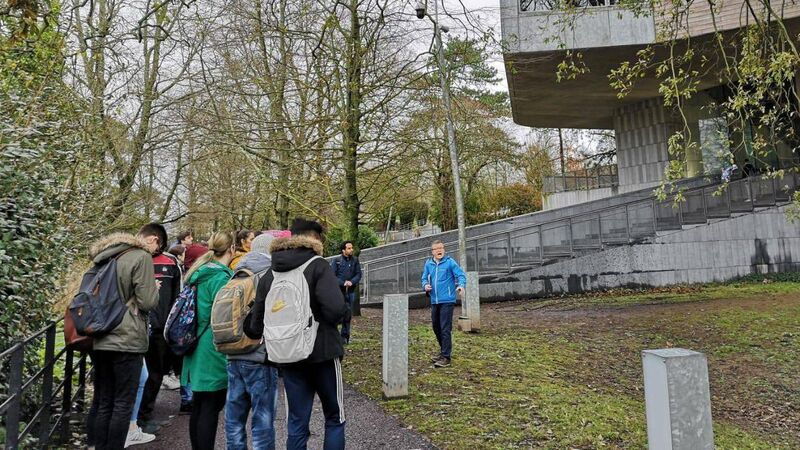Michael Moynihan: Creating the role of tree officer shows Cork's commitment to its individuality

Dr Eoin Lettice leading a tour of UCC's tree collection. The plant scientist highlights immediate practical positives to Cork appointing a tree officer, as well also longer-term benefits of a commitment to urban trees.
Cork City Council wants to appoint a trees officer.
The official title is “executive parks & landscape officer (tree officer)”, but the last two words in the job description are all you saw. Admit it.












